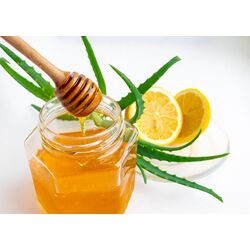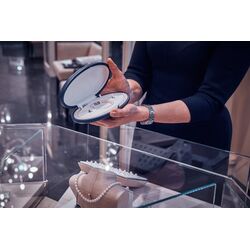How to Restore Memory After 50

As we age, the brain works just as well but more slowly, needing more “warm-up.”
Simple exercises help: memorize short poems, play word games, solve crosswords.
Move your body: brisk walking, dancing, swimming improve blood flow and supply oxygen to the brain.
Sleep is the main ally of memory. 7–8 hours in bed.
Eat simply: vegetables, berries (blueberries, cranberries), nuts, whole grains, fish – these are building blocks for neurons.
Folk remedies
Warm sage or mint tea helps with relaxation and better sleep.
Rosemary infusion is used for alertness: a few leaves in warm water – inhale before studying.
Nuts with honey are classic: a spoonful during the day can support energy and mood.
Rosehip decoction is a gentle source of vitamin C; in winter it helps to feel energized without coffee.
A great way to maintain mental abilities and restore memory is special berry jelly (kissel) with micronutrients. Also, berry jelly is a tasty way to drink more fluids: dehydration slows memory.
Stay social and learn new things: languages, musical instruments, hobbies – the brain needs challenges.
Remember: folk remedies are only complementary; in case of sudden memory decline, consult a doctor.
Foto: tetxu / depositphotos.com







